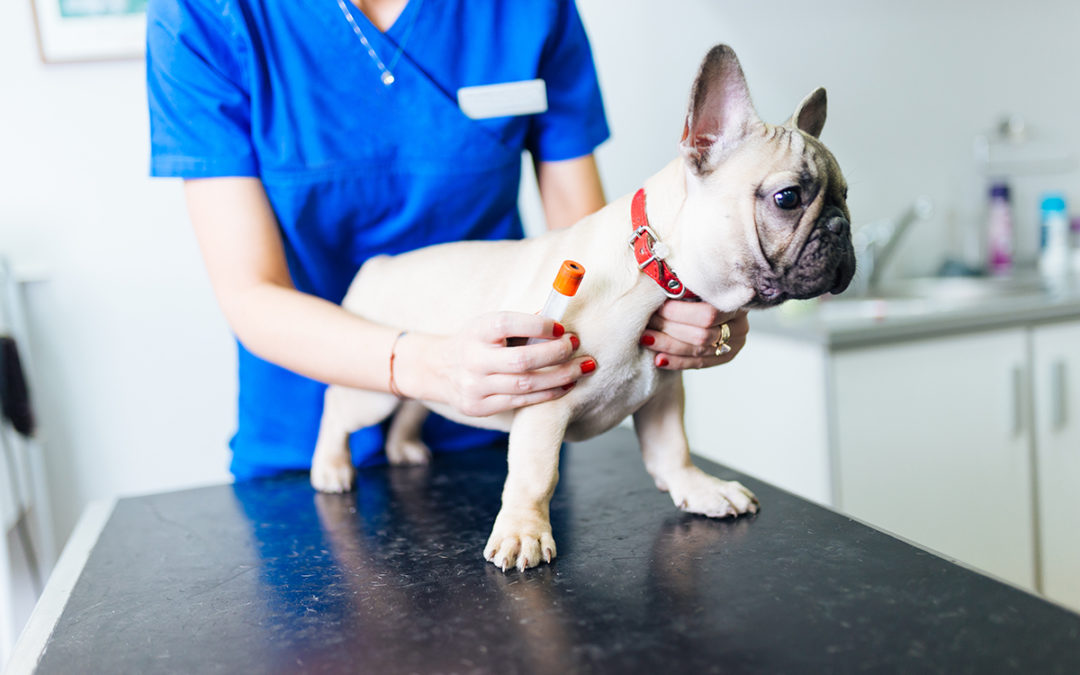Titer testing is an incredible asset to avoid over-vaccinating. There is no denying the importance of vaccines in keeping your pet healthy and protected from disease. Annual wellness examinations check your pet’s records as to whether they are ready to receive their vaccinations.
Core vaccines, such as parvovirus and distemper, are necessary for our furry companions. They also keep the community of pets safe by discouraging the spread of disease. But, not every pet needs to have the same vaccine schedule. Much goes into understanding your individual pet’s vaccine requirements. The team at Union Lake Veterinary Hospital is here to explain titer testing.
Titer Testing in Dogs and Cats
A titer test is an antibody blood test that detects the effectiveness of a previous vaccine and if it is still “working.” The procedure is similar to antibody tests that humans take to determine if our bodies still have antibodies that protect us against a particular disease. Since unnecessary vaccinations aren’t good for your pet, the titer test is a tool for us to assess the true need of renewing a vaccination.
We can examine dogs and cats to find the right vaccine program and tailor it to the individual pet. Through titer testing, we can accurately understand whether your veterinarian should administer a vaccine annually or wait for a longer interval of time.
How It Works
During the titer test, we draw a small amount of blood from your pet. We use this blood to run a test to measure the antibodies of a specific disease, such as canine distemper. This measures antibodies in ratios. The higher the test result ratio, the more antibodies your pet has. If the number of antibodies is still high, it means that it isn’t yet time for additional vaccination.
Likewise, if the titer test results are in the lower range, your dog or cat is due for their vaccine. Titer testing is an inexpensive option to avoid vaccinating your pet when it is unnecessary. The American Animal Hospital Association (AAHA) endorses titer testing.
We recommend titer testing to measure antibodies to parvovirus, distemper, adenovirus in dogs, feline rhinotracheitis, calicivirus, and panleukopenia in cats. State law requires rabies vaccinations, so the titer test does not override this. Thankfully, we offer a 3-year interval option for rabies vaccines.
If you want more information about titer testing for your best fur pal, please contact us at Union Lake Veterinary Hospital. We can arrange to examine your pet and determine the safest and best-individualized vaccination program for them.

